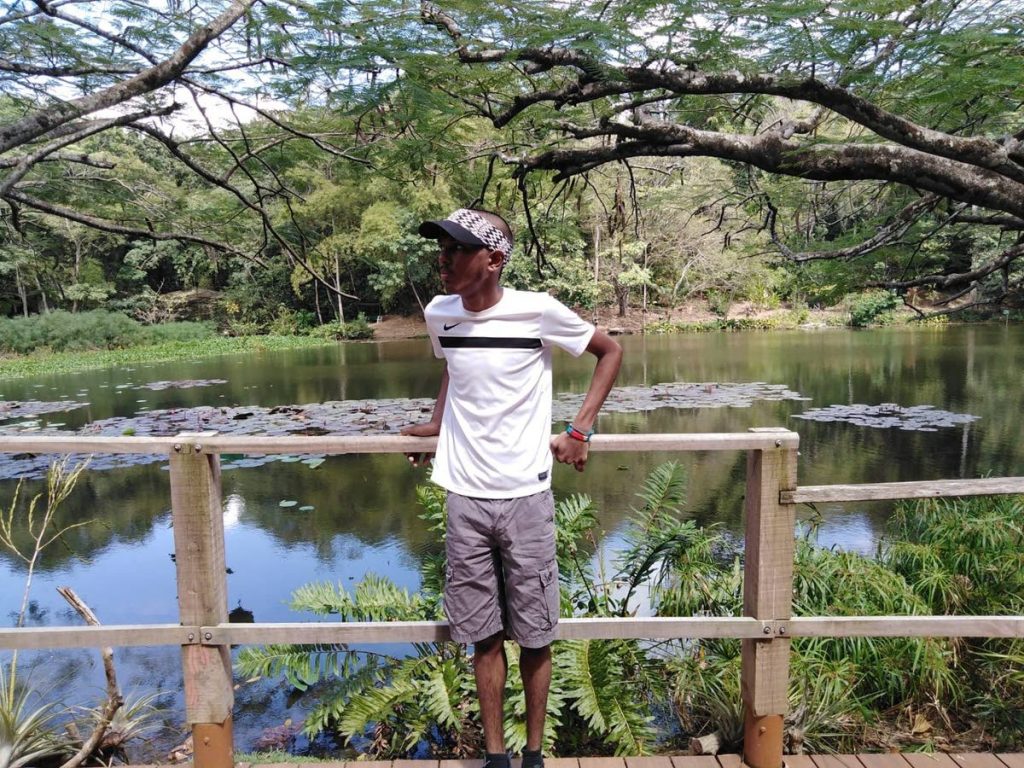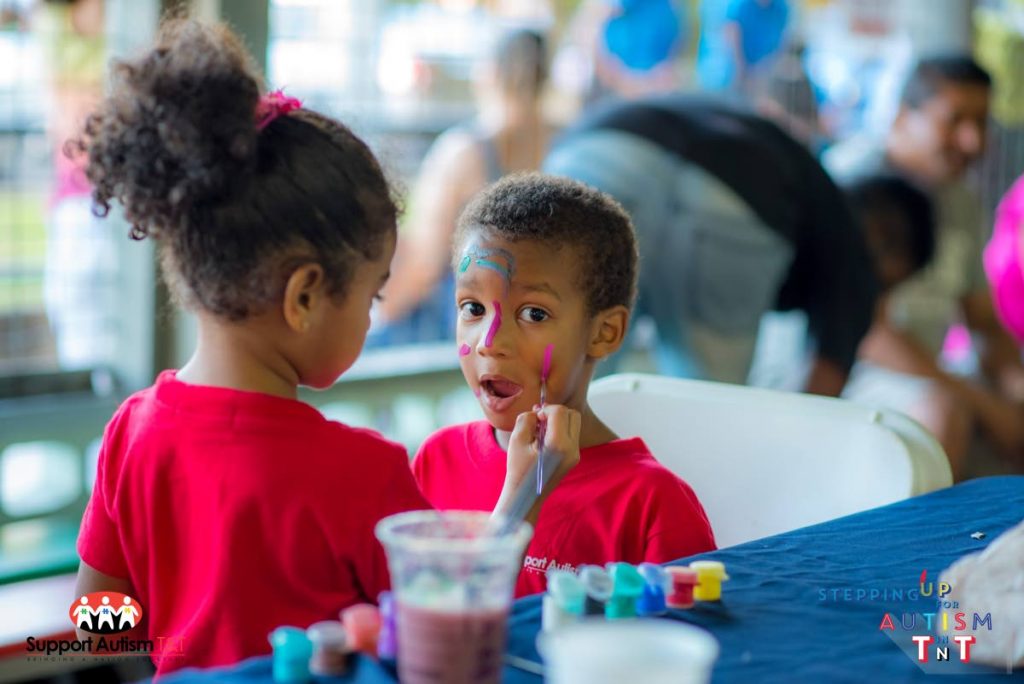Making Trinidad and Tobago society special needs-friendly

DR RADICA MAHASE
When my nephew was about nine, I took him with me to RBC, Couva branch. I had a quick transaction and I went in the afternoon when the bank was quiet. At that time, he was attending a school which was very close to the bank.
When I entered, there weren’t two seats available next to each other in the waiting area. As soon as we entered, another customer very quickly shifted to another seat so we could sit together.
He had his iPad and sat quietly watching videos, but every so often he would laugh loudly.
After we had been waiting for less than five minutes a customer service representative came and asked me the nature of my transaction. She went to the back and came back with a manager, who took me to the counter to do my transaction, while she sat next to Rahul.
That incident occurred about seven years ago and yet I remember it clearly, because it was one of those times where we went into an establishment and they recognised that he was a child with special needs, they did not ask anything: they simply tried to accommodate us in whatever way they could. I didn’t ask them to. In fact, if he started to fuss or we had to wait too long I would have just left.
But that incident gave me hope that one day, TT society will be one friendly towards those with special needs.

In the midst of all the negative attitudes towards people with special needs in TT, despite all the stares that Rahul and others on the autism spectrum would often get, there have been so many people who were willing to learn about special needs and who are open to inclusion on all levels.
It is those individuals who are genuinely accepting of everyone, disability or not, who make it possible for inclusion to become a reality in TT.
As a society we can encourage this by interacting with people with special needs at all levels. Inclusion doesn’t have to be any grand idea that seems unattainable. Inclusion can happen right there in the playground when children are allowed to play with each other.
There was an incident in a playpark in a residential area in south Trinidad a few years ago after which some parents were on social media expressing their disgust that one mother comes to the park with a child who has meltdowns and makes loud noises, etc. The parents said that they found the mother should keep the child at home or teach him to behave properly and they did not want their children to interact with the child.
Only one person defended the special needs child on social media – she pointed out that the child was on the autism spectrum and sometimes gets overwhelmed and maybe the other parents should offer support to the mother when that happen. She also suggested that they could use this as an opportunity to teach their children about autism and other special needs.
While education is the foundation for inclusion, education occurs outside the classroom as well. A teacher can teach her students about inclusion in the classroom, but if those same children are not allowed to interact with children with special needs because their parents don’t think it is appropriate, then inclusion will remain a theoretical concept and never become a reality.
Also, the parents in this residential area who did not want their children to interact with the special needs child were all educated, but their education did not influence their mindset, not when it comes to inclusion.
Over the years, because of Rahul, I have learnt that people tend to be more understanding when they have interacted with people with special needs. The lady in the ice-cream shop was exceptionally friendly towards him because she has a daughter with autism. The waitress at Pizza Hut has a friend who has a child with cerebral palsy. The staff at Chuck E Cheese were accustomed to serving special needs children. The security guard in the mall has a neighbour with a special needs son and the cashier in the supermarket has a god-daughter with Down syndrome.
Their interactions with individuals with special needs put them in a place where they are able to understand, accept and include others with special needs.
According to Jesse Jackson, “When everyone is included, everyone wins.” Making TT special needs-friendly will certainly be a win for all.
Radica Mahase is the founder/director of Support Autism T&T

Comments
"Making Trinidad and Tobago society special needs-friendly"